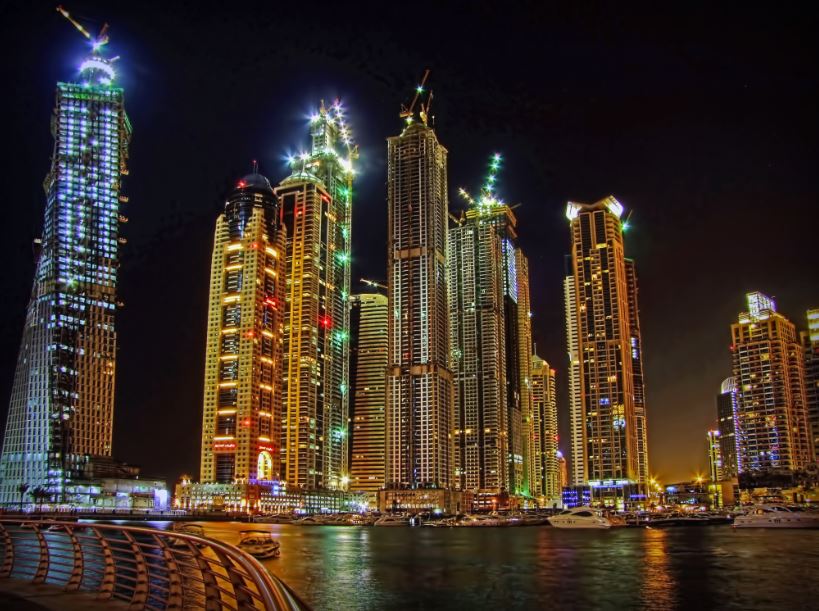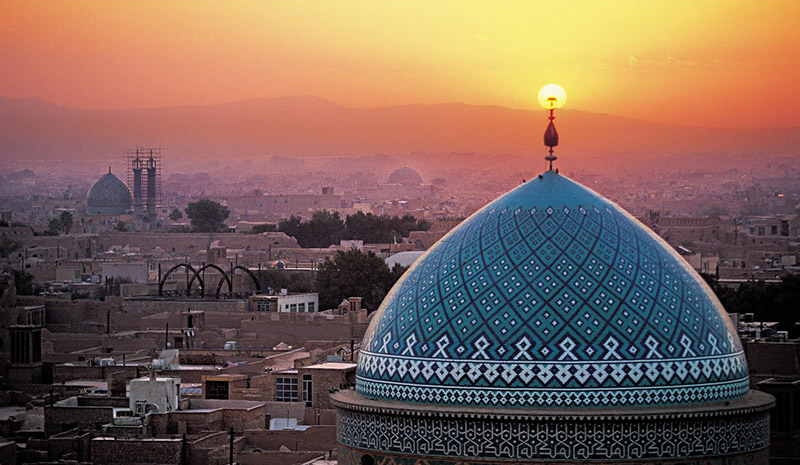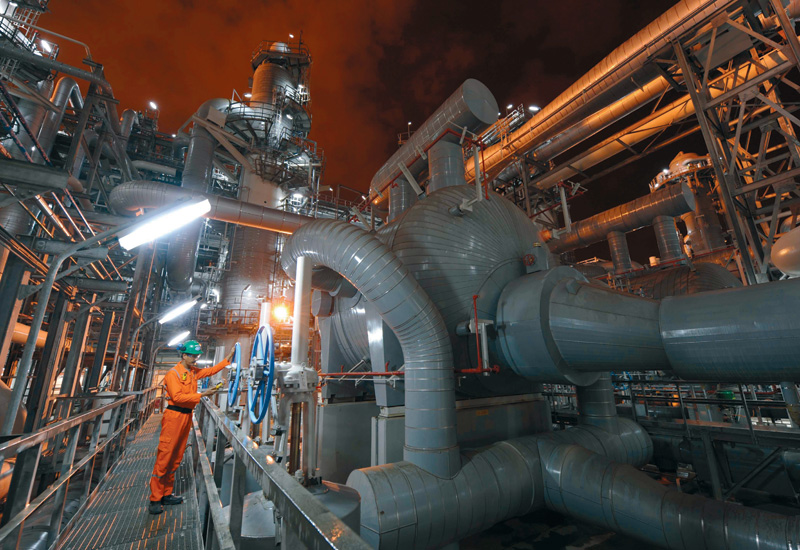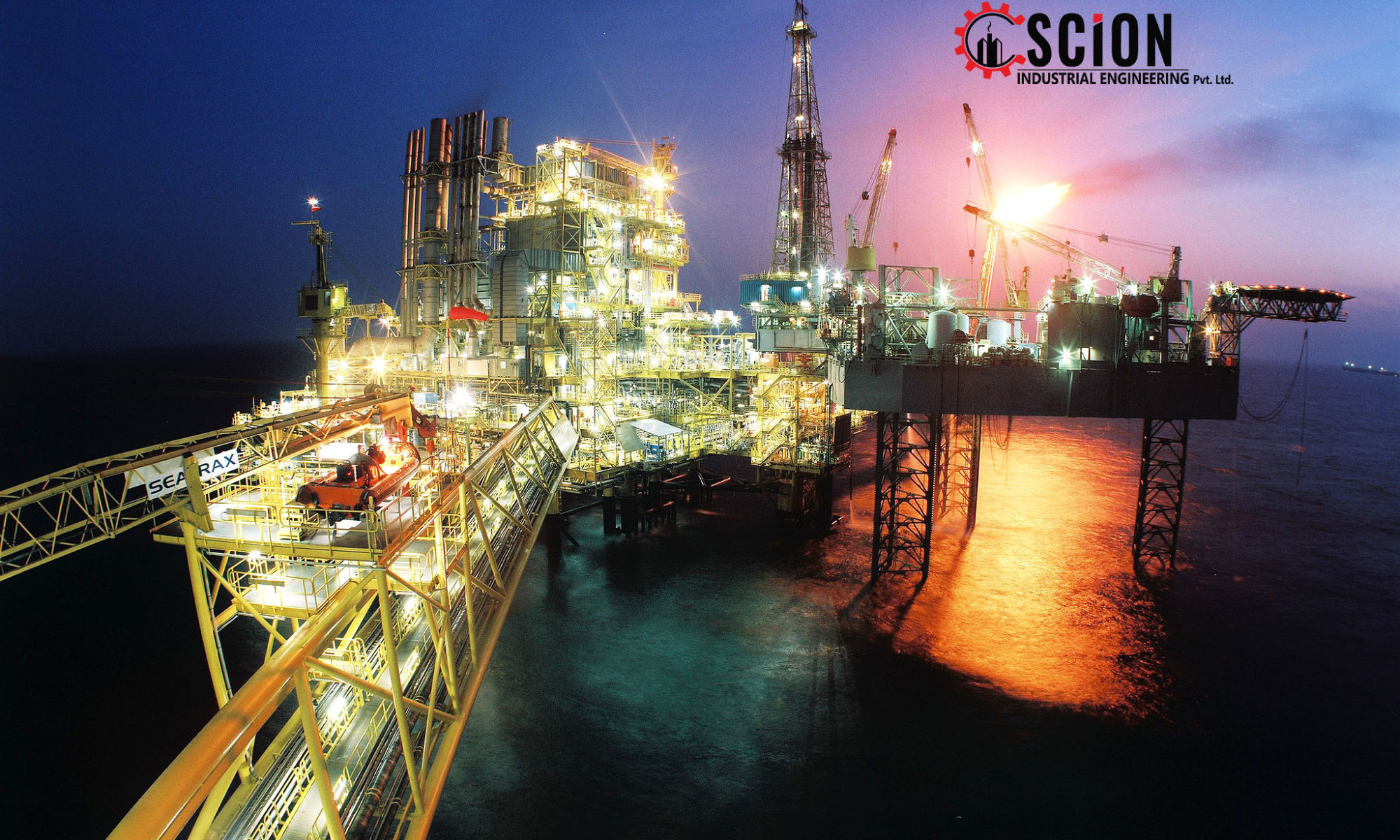Fintech Forward 2023 (FF23) wrapped up its inaugural event last week, which was held at Bahrain Exhibition World securing more than 900 attendees. Following an evening networking session and dinner on October 10, the event for the first day which was held as part of FF23, ‘The Transformation Agenda: Finance Re-imagined’, was programmed by Economist Impact with the support of EDB, included a one-on-one interview session with Binance Chief Executive Officer (CEO) and founder, Changpeng Zhou, known as “CZ”. The interview was conducted by Alice Fulwood, a Wall Street correspondent at The Economist, where CZ weighed in on the potential disruptive effect of cryptocurrencies and the future of finance and the economy, sharing his worldly views on what the wise rules of cryptocurrency should look like when it comes to regulatory frameworks.
Throughout The Economist Impact-programmed event on the first day, leaders and investors across finance gathered to network with key decision makers from the industry and government, gaining cutting-edge insights from the interactive panel and fireside chats which featured speakers from more than 15 countries including industry experts from JP Morgan, Standard Chartered and MIT, and leading fintech companies from MENA, Japan, Brazil and beyond. Day One additionally featured the panel ‘Spotlight on the Middle East,’ which delved into the region’s vast investment opportunities owing to a large consumer base, and ample room for innovation and growth for financial players and fintechs, taking a deep dive into Bahrain’s fast-growing ability to groom, attract, and retain qualified talent. The panel featured Khalid Humaidan, Chief Executive of Bahrain Economic Development Board, Abdulmohsin Al Omran, Founder and Chief Executive of The Family Office, Michel Sawaya, CEO of Citi Bahrain, and Remo Giovanni-Abbondandolo, MENA General Manager of Checkout.com.
With innovation in Bahrain’s Fintech ecosystem reaching new heights, backed by nation-wide digitisation efforts, FF23 has cemented itself a flagship event for regional and global financial industry players seeking to connect with businesses and key decision makers in investment and regulation. By bringing together expert panelists to reimagine what the global financial landscape could look like to discuss an array of relevant topics from diverse perspectives, FF23 works towards cultivating a productive roadmap towards the digital transformation of finance.
Bahrain’s digital talent pool was another hot topic across Day One, programmed by Economist Impact, as well as Day Two, repeatedly cited across the various discussions and panels as a unique differentiator for the island nation. With a bright future ahead, brimming with opportunity for investors and businesses seeking a highly skilled, bi-lingual diverse workforce, Bahrain’s forward-looking government continues to invest in the local talent pool supported by both Bahrain-based and international institutions by upskilling and reskilling individuals with the requisite skills to meet rapidly changing market needs to foster a future-ready workforce. In a panel discussion titled “Developing the Next Generation of Tech Talent” hosted on Day Two of FF23, the conversation tackled modern strategies that nurture Bahrain’s young and driven workforce, providing valuable insights into the financial ecosystem, bringing together Yanal Jallad, Managing Director of Reboot Coding Institute, Bruno Martins, Associate Partner IT Advisory, Technology Consulting at KPMG, Mohamed Al Mahroos, Partner at PWC alongside Latifa Mohamed, General Manager at Hope Talent.
Owing to a sophisticated digital infrastructure, agile regulatory reform, and overall ease of doing business, Bahrain has solidified its position as the prime destination for all things fintech. With a forward outlook for up-and-coming technologies in fintech, open banking, cryptocurrencies, and a readiness to embrace AI advancements, Bahrain has established itself as a magnet for fintechs looking set up and expand into the region.
Held under the patronage of the Central Bank of Bahrain, in partnership with Bahrain Economic Development Board and powered by Bahrain Fintech Bay; FF23’s dynamic agenda encapsulated the most relevant topics in the fintech horizon across its three themes of Innovation, Regulation and Investment.
To stay tuned on the dates of next year’s edition FF24, visit the following link.
Source:https://www.bahrainedb.com/latest-news/fintech-forward-2023-successfully-wraps-up-its-inaugural-event-in-bahrain










